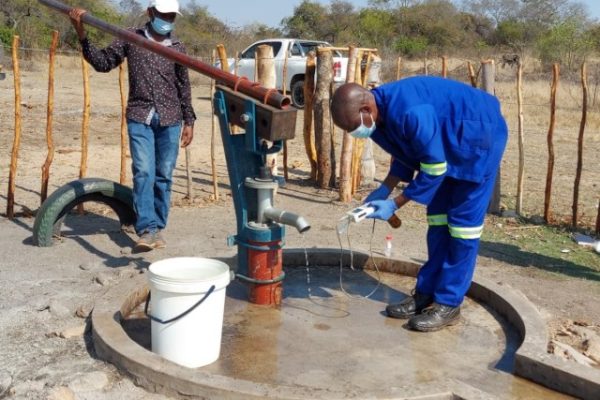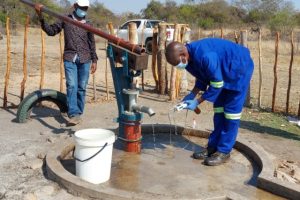
By: Loise Shiimi
As the year comes to an end, the Namibian Agronomic Board (NAB) will prohibit the importation of 15 horticultural products listed on the 20-crop special list for the period 1-30 December 2025. This year’s closure marks the highest number recorded to date.
In a notice issued to all horticulture traders on 21 November, NAB chief executive Fidelis Mwazi announced that the border will be closed to all types and sizes of beetroot, butternut, cabbage, carrots, coloured peppers, English cucumbers, onions, and pumpkins, with certain exceptions.
This action is aligned with the Agronomic Industry Act and the regulations of the Namibian Horticulture Market Share Promotion Scheme, which aim to safeguard local producers from unfair competition posed by cheap and often substandard imports, according to Mwazi.
Additionally, the importation of all varieties and sizes of jam tomatoes, round tomatoes, watermelons, sweet melons, sweet corn, lettuce, and spinach will be suspended for the month, with some exemptions.
However, the NAB has permitted the importation of 30% of green peppers, 40% of sweet potatoes, and 50% of gem squash, again with exceptions, to address shortfalls in local production. These three crops are the only ones that may be imported on a pro-rata basis for December.
Moreover, Mwazi has kept the door open for the unrestricted importation of two crops: potatoes and cocktail tomatoes. These imports are subject to the 47% market share promotion (MSP) rules.
During an interview with Eagle FM, NAB’s horticulture manager, Emilie Abraham, expressed her gratitude to farmers contributing to crop production. She noted that this reflects the expansion of the local horticultural sector’s capability to meet local demand for these products.
“This demonstrates that farmers are attentive to the monthly notices released by NAB, which indicate which crops are closed and which are open for importation. I can attest to the significant improvement in the crops that were open for the previous months. I appreciate Eagle FM for consistently sharing this information with the public,” she stated.
Abraham highlighted that potatoes are consistently open for importation throughout the year, indicating that the country does not produce enough to meet its demand. She encouraged farmers to increase potato production, noting the substantial market need.
Challenges related to low potato production include limited access to high-quality seeds, the high cost of essential inputs such as seeds, fertilisers, agrochemicals, and electricity, limited access to finance, and a lack of knowledge regarding best practices for potato production.
In response to these issues, Abraham shared that NAB, in collaboration with the Ministry of Agriculture, Fisheries, Water, and Land Reform, is providing subsidies to farmers willing to participate in potato cultivation. They are offering a 50% subsidy for high-quality certified potato seeds, fertilisers, and agrochemicals, along with training.
She noted that applications for this program are still being accepted and will close on 30 November 2025.
Furthermore, she stated that the initiative would continue annually until 2030, aiming to produce 11,797 tons of potatoes and create over 1,500 permanent and seasonal jobs, primarily in production by then.
Abraham urged farmers to seek clarity directly from NAB officers or through official channels, rather than relying on informal sources for information.









